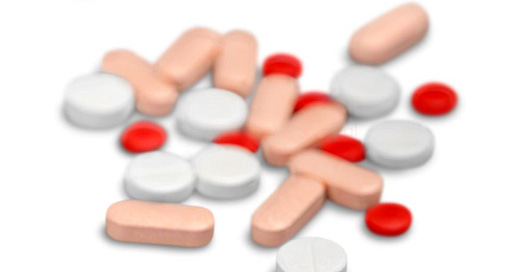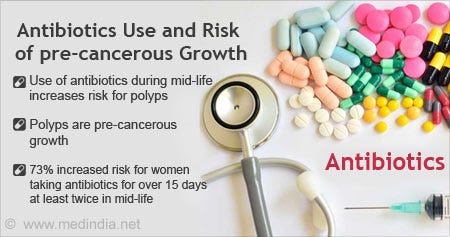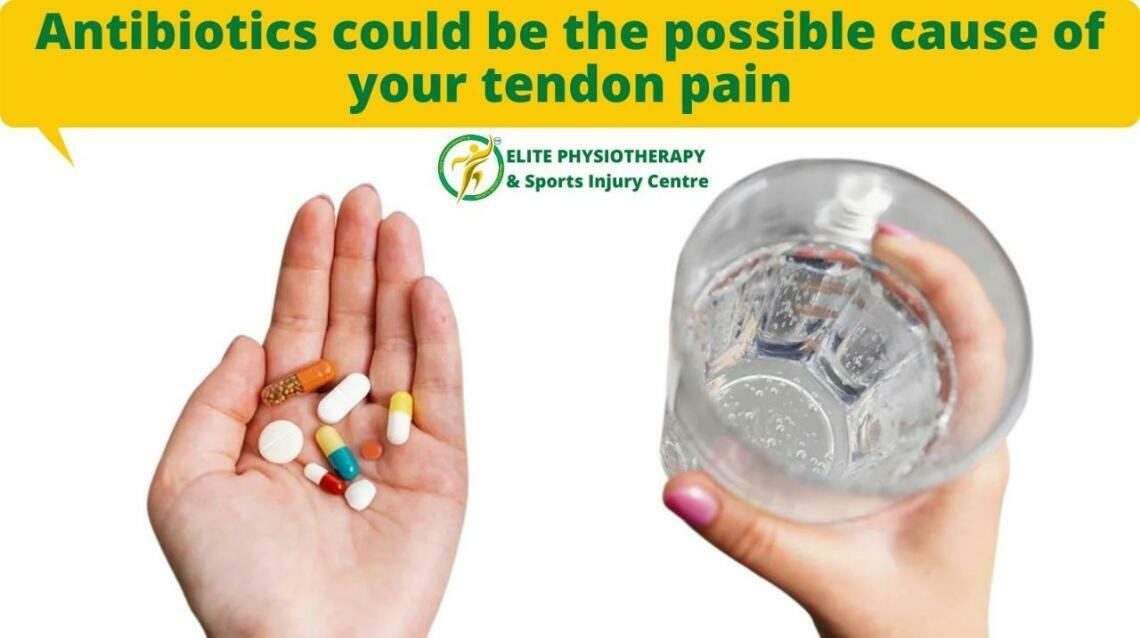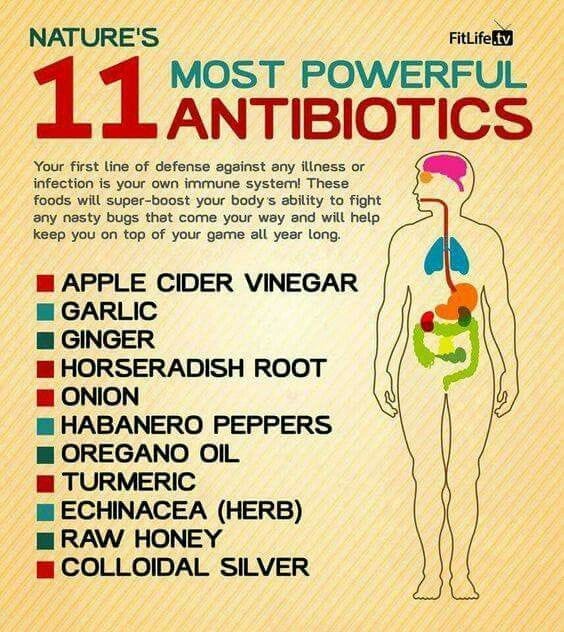Do Antibiotics Do More Harm Than Good?
Studies have shown these common drugs may help lead to cancer, neurological problems, and possibly autoimmune diseases.
Did you know that the true meaning of the word “antibiotic” is “against life?” Many children and adults are quickly prescribed these “anti-life” drugs and often for viral infections, that are defined in the medical literature as “self-limiting” (i.e. self-recovering). Nevertheless, 60% of antibiotics are prescribed for these conditions that are known to heal naturally. Even the CDC states that: “When you have flu, antibiotics will not help you feel better. Antibiotics won’t help you, and their side effects could cause harm.” Many studies are showing that these drugs are not as effective as many assume and can have alarming long-term effects, and potentially live up to its name.
Firstly, most antibiotics have been found to increase the risk of various cancers. According to a 2008 study, “The risk of developing prostate, breast, lung, and colon cancer rises with use of antibiotics…” and “…the risk of less common cancer has also been linked with antibiotic use.” A more recent study from 2022, concluded, “Our data strongly support the hypothesis that the intake of antibiotics is positively associated with the risk of cancer development.”
Secondly, a neurotoxic effect of most antibiotics is also well-documented in the scientific literature. According to the American Academy of Neurology, “Antibiotics may be linked to a serious disruption in brain function, called delirium, and other brain problems, more than previously thought.” A 2018 review discovered that, “Seizures, encephalopathy, optic neuropathy, peripheral neuropathy, and exacerbation of myasthenia gravis are important examples of neurotoxic adverse events associated with the use of antibiotics.” Another researcher concluded that “The antibiotics react not only against the bacteria but also have ‘off-target’ effects by interfering with normal signaling within the brain. Different antibiotics affect the brain differently, hence causing varying patterns of toxicity.”
Thirdly, antibiotics may also have a harmful effect on joints, ligaments, and tendons. A 2019 study found a link between antibiotic use and autoimmune problems, concluding that, “Those exposed to one or more antibiotic prescriptions were 60% more likely to develop Rheumatoid Arthritis than their unexposed counterparts.” Some common antibiotics can even cause damage to tendons, including rupture of the Achilles tendon in runners. This risk is well-established in medical studies and it appears that the effects can last from months to even years later.
It’s quite clear that antibiotics are not completely harmless, but are they effective? A 2008 meta-analysis concluded that “use of antibiotics for acute sinusitis confers a small therapeutic benefit over placebo with a corresponding rise in the risk for adverse events.” According to a large study from 2021, “Similar to adults, antibiotics are unlikely to make a clinically important difference to the symptom burden for uncomplicated lower respiratory tract infections in children—both overall, and for the key clinical subgroups where antibiotic prescribing is most common.” A Cochrane review from 2023 found “no difference in clinical outcomes” for immediate or delayed prescribing, and even no prescribing of antibiotics for respiratory infections.
Many people believe that antibiotics are essential for recovering from colds and flus, but I’ve come across many of our clients that hardly ever use antibiotics. Some haven’t used antibiotics in decades, including myself. Before 2012, I used get a cold 3-4 times a year and the flu about once a year. I was almost always able to recover within a week, though, and always without antibiotics. Since 2012, I seldom get colds and only had the flu once in the last twelve years. Again, without the use of antibiotics or even any vaccines.
Life without antibiotics is definitely possible for everyone, even children, as long as you take steps to keep your mind and body functioning well, while also keeping fear from getting the best of you. Remember, your innate immune system is much more effective than we’ve been led to believe.
by SJ NANA, DC, DrNANA.co.za

References:
Antibiotic therapy is associated with an increased incidence of cancer
Neurotoxic effects associated with antibiotic use: management considerations
Medication-Induced Neurotoxicity: Adverse Reactions to Drug Therapy
Prescription Drugs That Contain Fluoride (Search 325+ Drugs)
Unmasking antibiotic-associated neurological disorders: The underminer in Intensive Care Unit
Fluoroquinolones: Neurological Complications and Side Effects in Clinical Practice
Antibiotics and mental health: The good, the bad and the ugly
Common Antibiotics May Be Linked to Temporary Mental Confusion
Antibiotic use and the risk of rheumatoid arthritis: a population-based case-control study
The Risk of Fluoroquinolone-induced Tendinopathy and Tendon Rupture
These antibiotics can cause Achilles tendonitis and tendon rupture
How Antibiotics Can Affect Achilles Tendinopathy In Athletes
Immediate versus delayed versus no antibiotics for respiratory infections
Please see my previous articles related to this topic:










